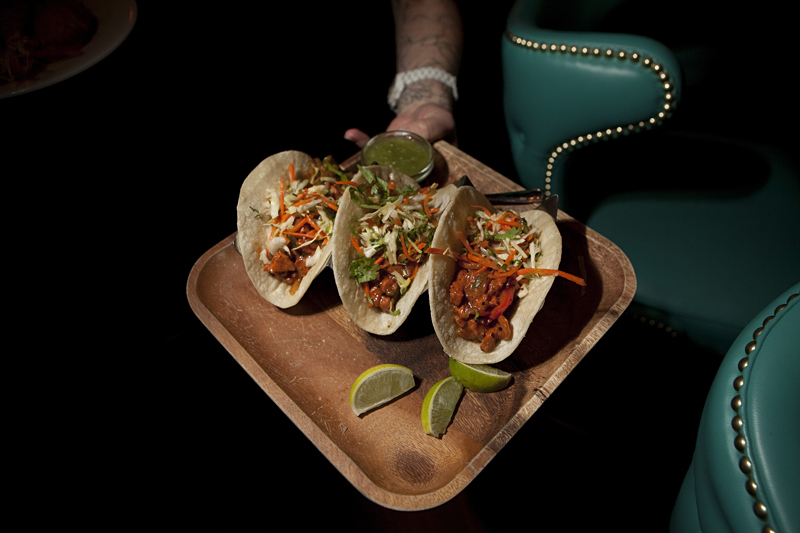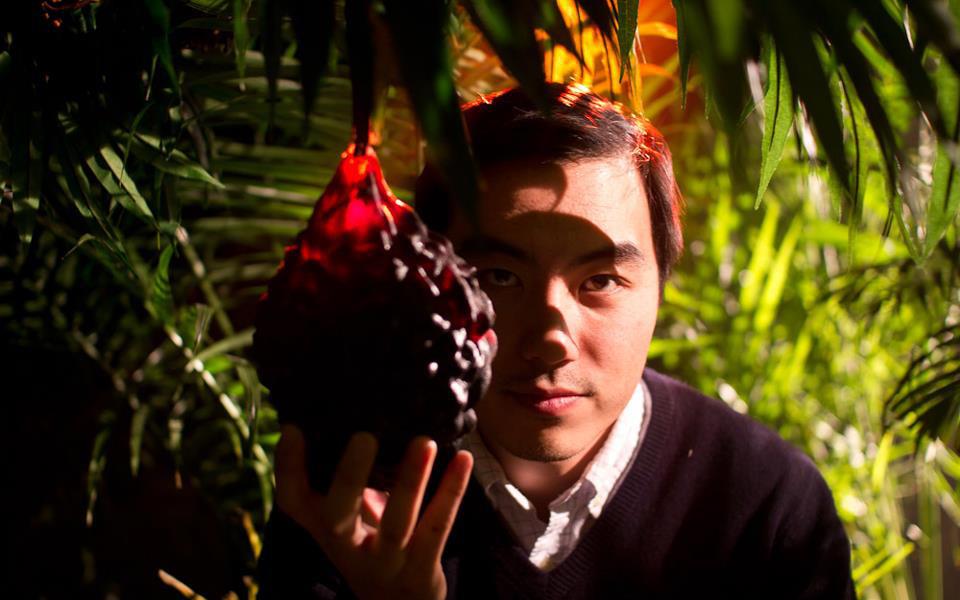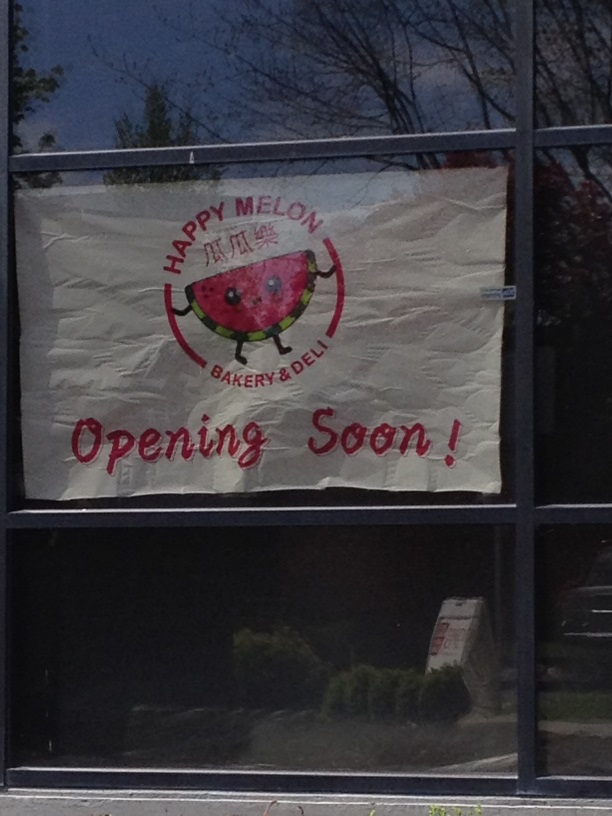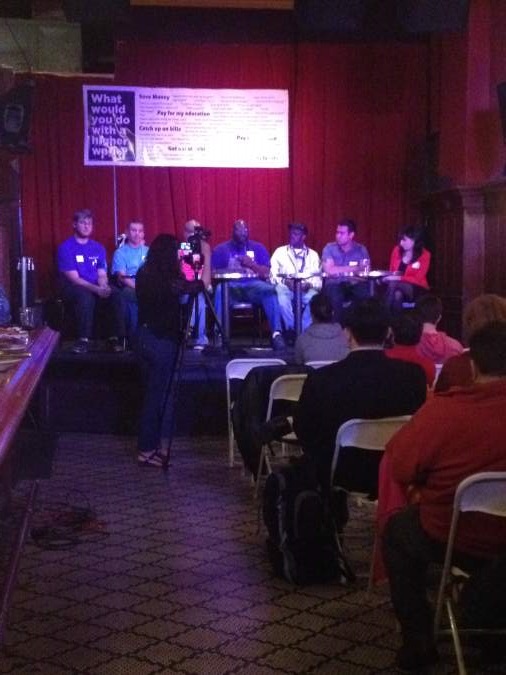At most restaurants, a very long menu is worrisome. One featuring dishes from at least three different continents, however, is nothing short of alarming. Maybe the guy running the place figured he could attract more customers by proactively solving the “Mexican or Chinese?” conundrum, or maybe he’s a sap who buys whatever frozen gimmick his Sysco distributor’s pushing. Either way, it’s an established fact that no diner has ever browsed a menu with pictures of spaghetti, hot dogs, and California rolls, nodded his head, and said, “Alice, we need to get ourselves a reservation at this place!”
So long as we’re thinking about eating, we’re sold on the merits of specialization. Yet as soon as we get thirsty, our separatist notions fly out the window. We expect our bars to stock tequila from Mexico, rye from Kentucky, whiskey from Japan, liqueurs from France, vodka from Finland, and gin from the UK. That’s not totally irrational: Concerns about a chef’s range and a pantry’s size don’t apply to a bar, where global influences are safely bottled. But just because it’s logistically easy to assemble the drinkable equivalent of a cruise ship’s midnight buffet doesn’t mean it’s a wise idea. Because it’s only when bartenders stop fiddling with every spirit in the world that they can begin to master the history, culture, and nuances of one of them.
The starring liquor at Rumba, the Tango spinoff which opened in September in Capitol Hill’s thriving culinary zone around Melrose Market, is rum. Rumba didn’t invent the single-minded saloon: Drinks devotees can tick off the names of American bars dedicated primarily to mezcal, bourbon, single-malt Scotch, or absinthe. But such bars are rare, and annoyingly prone to tragic endings. To wit, this year Philadelphia’s award-winning Rum Bar lost its lease, and Vandaag, a celebrated New York City bar which loaded its cocktail list with Dutch gins, closed forever.
Cross your fingers, then, for Rumba, a wonderful collision of fantasy and skilled bartending that sets the standard for highly focused cocktailing. Situated somewhere between theme park and graduate seminar, the terrifically fun Rumba gives guests a peek at how watering holes might operate once drinkers get into the groove of settling on a liquor before they settle on a bar.
When nights skew dark and rainy, shivering sufferers of seasonal affective disorder have two choices: embrace the season, limiting their meals out to hot-pot joints, strudel bakeries, and chowder houses; or ignore it, ensconcing themselves in restaurants serving beachy drinks and dishes that practically drip vitamin D. Rumba is banking on a large contingent of Seattleites opting for the latter strategy.
I’m not sure if the thermostat is deliberately hiked up at Rumba, but the bar is almost muggy, with heavy, fruit-scented air clinging to the swiveling captain’s chairs and booths, upholstered in shiny turquoise vinyl. Where the room’s not blue, it’s done up in dark rosewood. Plantation shutters block an alley view, and tall shelves are furnished with the hardback books, domino sets, and nautical knickknacks you’d expect a 1950s Cuban sugarcane magnate to keep. A gape-mouthed marlin is mounted on the east wall; palm-leaf fans whir overhead; uncut pineapples top the bar. It all reads as sexy rather than silly, partly because the displayed rum collection makes it clear that Rumba’s not trying to hide behind its Caribbean tribute decor.
Rumba stocks 250 rums and rhums, and its bartenders will explain the difference so patiently it’s as though nobody had ever thought to ask. (The “h” isn’t an affectation: It means the spirit was made from freshly pressed sugarcane juice instead of molasses.) Maybe it was the heat or the strong drink, but I was smitten with the men and women behind the bar: Each one who waited on me seemed genuinely enthusiastic about the cocktail list. “It’s transporting,” a bartender whispered when I asked about a punch made with Batavia arrack. Even better, their counsel wasn’t sullied with snobbery: The same bartender didn’t flinch when, envying another patron’s handsome drink, I asked for something with an umbrella in it.
The measure of a rum bar is its daiquiri. Rumba serves four varieties, including a tantalizingly tart concoction, Daiquiri No. 2, that appends orange and Curaçao to the standard recipe of rum, sugar, and lime, achieving a lovely tropical balance without shooing rum’s distinctive caramel flavor off center stage. The cocktail list, jammed with admirably controlled versions of classic rum drinks, modern rum drinks, and punches, is supplemented on Tuesdays by a tiki menu, the source of a few of my favorites. Rumba’s Three Dots and a Dash—originated by Don the Beachcomber—is an intriguingly complicated combination of rhum agricole, Demerara rum, housemade falernum, honey, and allspice dram that tastes layered and leathery.
All of Rumba’s drinks pair spectacularly well with the food, which is no more a thematic lark than the framed quote from cocktail historian Wayne Curtis, who in 2006 published And a Bottle of Rum, the authoritative rum tell-all. “Bourbon fanciers, who often claim for their tipple the title ‘America’s spirit,’ drink one of the most regulated spirits known,” reads the passage in the silver frame. “But excessive regulation is not the spirit of America. Unrestricted experimentation is. Rum embodies laissez-faire attitude.”
Yet a very different attitude must reign in the Rumba kitchen, which turned out only one disappointment over the course of three visits. The menu opens with three salsas—the best of which is a faintly smoky pineapple with sufficient peppery spice to distinguish it from what’s in your glass—and guacamole, doused with enough citrus to lighten a blonde’s hair and served with greaseless, undulating plantain chips. There’s also a trio of tacos bedded on stretchy, canvas-like tortillas. Eating tilapia is typically like eating your thumb, but Rumba’s fish tacos are expertly breaded and crowned with a zesty crema.
The crusty empanadas are great. I especially liked one stuffed with chicken, peppers, and raisins that was nicely reminiscent of a well-made country captain. Although I struck out with the jerk pork shanks, which were oddly bitter, meaty chicken wings were beautifully smoked and garlicky beans and rice were a credit to the genre.
Finally, there’s dessert: Pastry chef Joanna Chau has created a mojito semifreddo, fried bananas Foster, and a pineapple rum cake boozy enough to have been crafted by a teenager or the Jamaican tourism board. The damp cake is fantastic, and—like everything else at Rumba—a worthy celebration of the spirit the bar knows best.
PRICE GUIDEHurricane $11Salsa $4Taco $3.50Wings $10.50Rum cake $7.50








